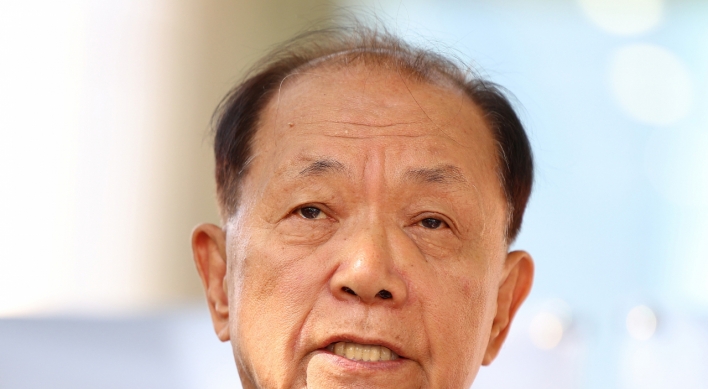With Jang executed, 'internal unrest' possible in N. Korea: CRS
By 신용배Published : Jan. 27, 2014 - 09:04
Uncertainty about North Korea's regime has grown since the downfall of Jang Song-thaek, who was the country's second most powerful figure, a U.S. congressional think tank said.
Jang's demise in December indicates the "boldness" of young ruler Kim Jong-un, which could lead to more provocative and unpredictable actions in the future, according to the Congressional Research Service (CRS).
"The chilling effect on the elite in Pyongyang could lead to internal unrest as those who considered themselves secure look for reassurance from other potential power bases," it said in a recent report, titled "North Korea: U.S. Relations, Nuclear Diplomacy, and Internal Situation."
The CRS pointed out the sudden purging and execution of Jang, Kim's uncle by marriage, was unusual because of his elite status and top-ranking posts.
It completed "nearly a total sweep of late ruler Kim Jong-il's inner circle, signaling Kim Jong-un's consolidation of authority in Pyongyang," said the CRS.
The current leader took over power shortly after his father's death in December 2011.
The CRS said Jang's departure eliminates China's main contact point with North Korea's regime. Jang had been known for relatively close ties with Chinese officials.
It added that a lack of credible information on what's going on inside the reclusive communist regime is worrisome for the U.S. government.
The leadership in Pyongyang headed by the untested leader Kim, reportedly in his early 30s, is unpredictable and opaque.
"Little is known about the young, new leader and the policymaking system in Pyongyang," the CRS said. "U.S. policymakers face a daunting challenge in navigating a course toward a peaceful resolution of the nuclear issue."
In the long run, it said, the "ideal" outcome remains, presumably, reunification of the two Koreas under stable democratic rule.
"At this point, however, the road to that result appears fraught with risks," it said. "If the Pyongyang regime falls due to internal or external forces, the potential for major strategic consequences (including competition for control of the North's nuclear arsenal) and a massive humanitarian crisis, not to mention long-term economic and social repercussions, looms large."
In the interim, policymakers face deep challenges in even defining achievable objectives, let alone reaching them, added the CRS. (Yonhap)






![[KH Explains] No more 'Michael' at Kakao Games](http://res.heraldm.com/phpwas/restmb_idxmake.php?idx=644&simg=/content/image/2024/04/28/20240428050183_0.jpg&u=20240428180321)










![[Herald Interview] Mistakes turn into blessings in street performance, director says](http://res.heraldm.com/phpwas/restmb_idxmake.php?idx=652&simg=/content/image/2024/04/28/20240428050150_0.jpg&u=20240428174656)
